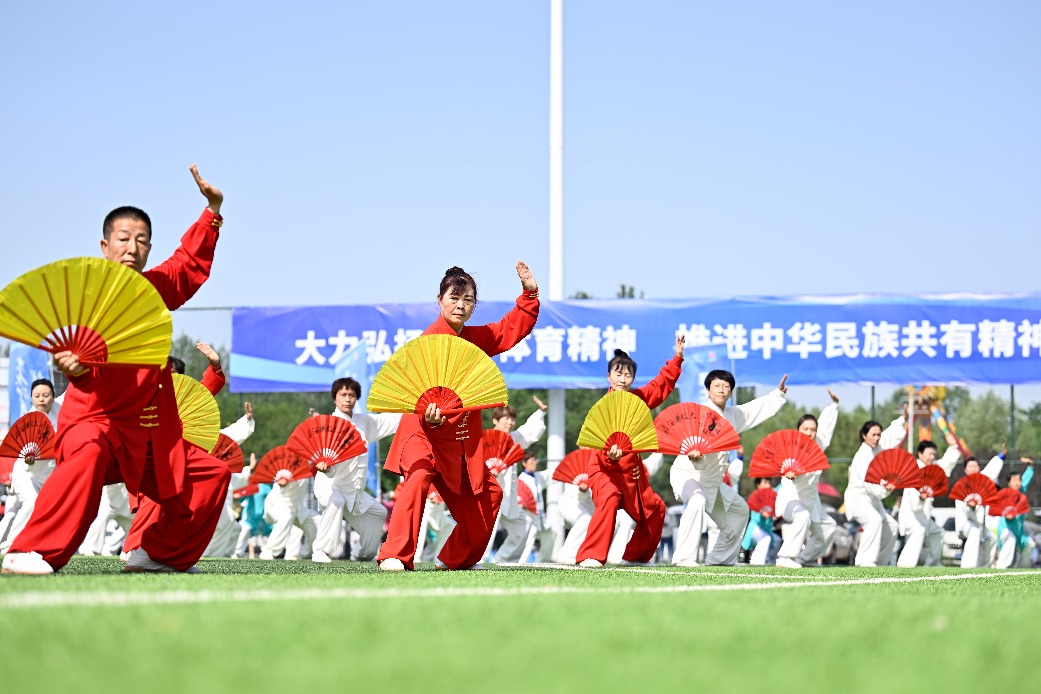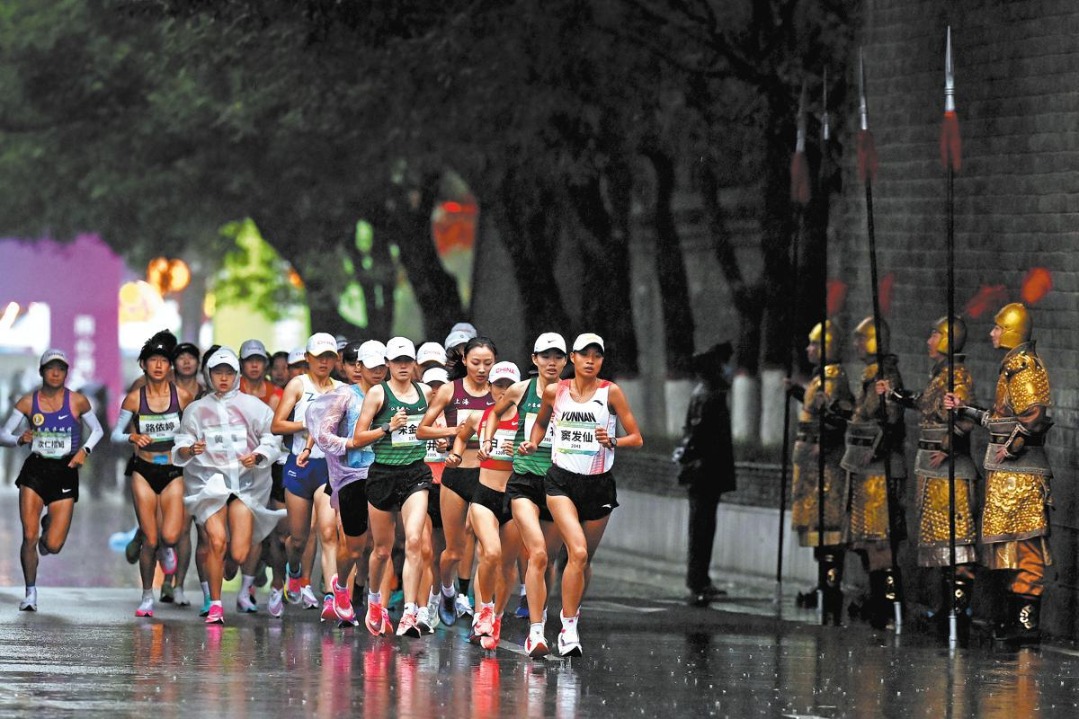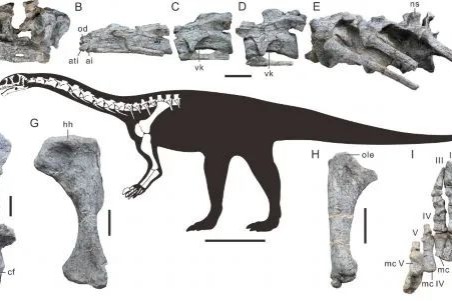Financial capital norms set for major tweaks
Unified framework for management of SOFCs to focus on security, stability

China will further streamline the management authority of State-owned financial capital (SOFC), a move to preserve and increase its value while maintaining financial security and stability, officials and industry experts said.
The debut of a new set of regulations in early March which was issued by the State Council will accelerate the formation of a unified framework for managing State-owned financial capital, improve the business environment and facilitate the opening up of the domestic market, a statement from the Ministry of Finance said.
State-owned financial capital refers to the capital and relevant equity rights obtained by the government and its authorized entities through their direct or indirect investments in financial institutions. This would include investments in banks, sovereign wealth funds, financial holding groups and financial infrastructure outfits.
The Ministry of Finance is in charge of crafting the unified capital management rules, establishing a mechanism for investing the capital while adhering to the principle of the market and the rule of law.
Its management should follow the Company Law, and the ministry enjoys shareholder rights in its invested financial institutions. This would include share capital gains, participating in major decisions and selecting managers, an official statement said.
China disclosed the total State-owned financial capital held by financial institutions for the first time in October 2018. By the end of 2017, the total amount of State-owned capital in financial institutions stood at 16.2 trillion yuan ($2.31 trillion), said a special report from the State Council.
Before reforms, the function of the State-owned financial capital investor was performed by several departments. At the central government level, this included the Ministry of Finance, the State-owned Assets Supervision and Administration Commission of the State Council (SASAC), and some financial regulatory bodies.
For a long time, contradictions and problems in the management of State-owned financial capital, such as the decentralization of responsibilities and unclear rights and responsibilities, have lowered the efficiency of capital allocation, experts said.
Liu Yong, chief economist of China Development Bank, told China Daily the new management system of State-owned financial capital followed some overseas examples.
Countries in Europe such as Germany and France adopted a similar model by having the "finance ministry-State owned financial institutions" implement centralized and unified management of State-owned financial capital.
"The Ministry of Finance exercises shareholder responsibilities by participating in the board of directors in financial institutions, making decisions on the development strategies and other major issues of financial institutions, but not directly managing specific business operational issues," said Liu.
Under those examples, the core issue is to define the responsibilities of investors and the main idea is to maintain fair competition in a market-oriented business environment, he added.
The Ministry of Finance said that "capital management is the most significant principle, which should be market-oriented and follow the business logic".
The unified investment management will help effectively allocate State-owned financial capital, improve returns and better safeguard the nation's financial security.
Yang Fanxin, a researcher with Chongyang Institute for Financial Studies at Renmin University of China, said in a separate interview with China Daily the new policy can further clarify the concept and scope of State-owned financial capital and financial institutions, defining the responsibilities, rights and obligations of fiscal authorities.
"The streamlined system will help to better achieve the goal of strengthening State-owned financial capital management, with capital management as the key task, and enhance financial governance capacity and financial security," said Yang.
Today's Top News
- China sees positive price trends in July
- US tariffs propel global clean energy shift
- Dual-track approach to aid currency
- Trump says to meet Putin on Aug 15 in US state of Alaska
- Beijing lodges serious protests with Manila
- Xi urges all-out rescue efforts after floods hit Gansu






























